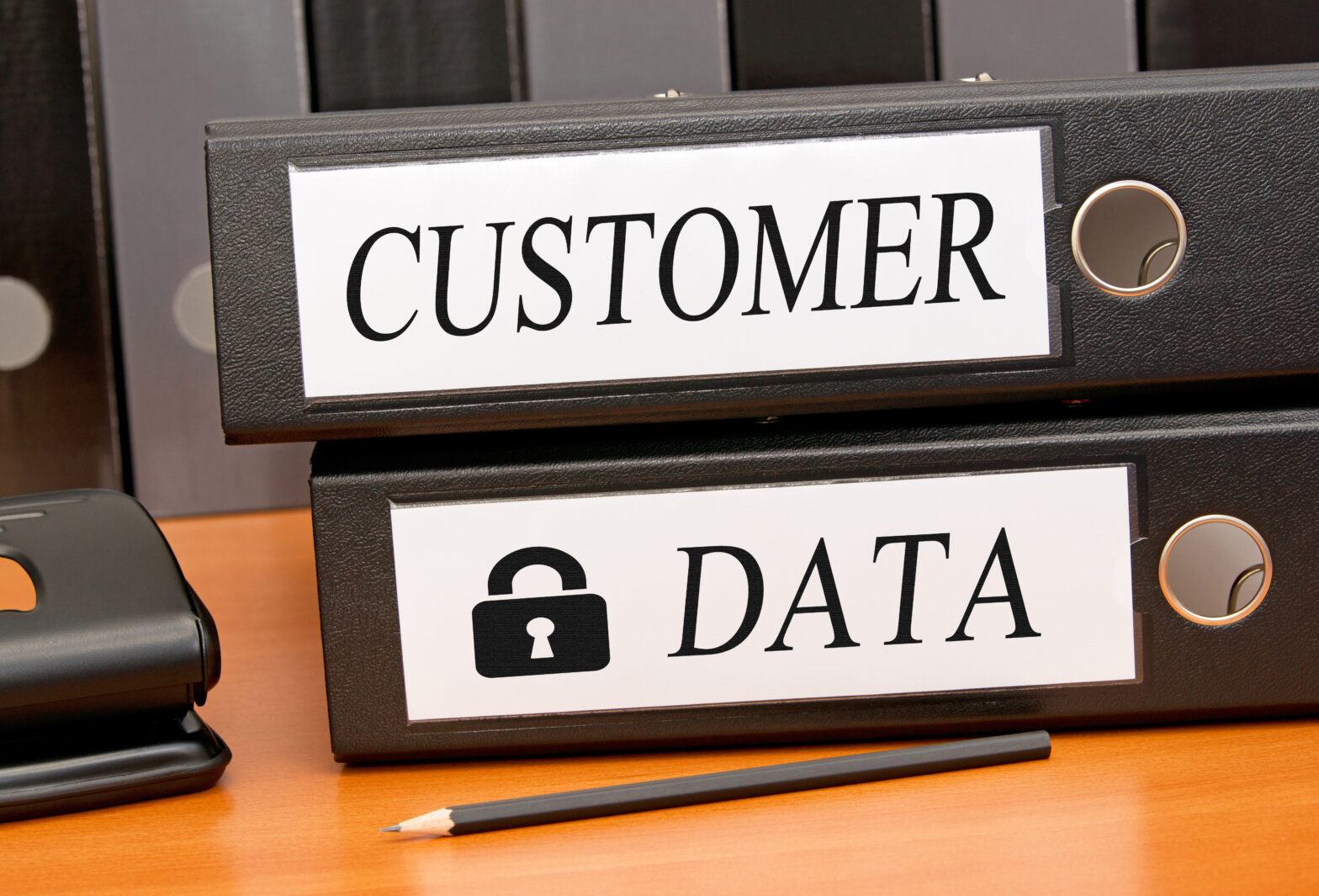Some 60 per cent of consumers admit they are uncomfortable sharing personal data, with 14 per cent refusing to share any personal data at all, according to the Digital Catapult, a national centre that aims to advance the UK’s best digital ideas.
A primary reason for this appears to be distrust in businesses’ openness and transparency in how and when they use consumer data.
More than two thirds (65 per cent) of respondents revealed they are ‘unsure if data is being shared without their consent’ with 30 per cent stating that the retail sector is most guilty of using personal data without being clear they are doing so.
When asked who they most trust with their data, the public sector leads the way with 44 per cent of the vote while telecoms comes bottom of the pile with just 2 per cent.
Neil Crockett, CEO of the Digital Catapult argues that the sharing of personal data is vital to the improvement of digital services and the development of new ones.
‘Every digital service reaches a point where it must overcome a hurdle. This is often associated with data, whether that is in the opening up of closed datasets or use of consumer information,’ he says.
‘To deliver the best digital services and drive economic growth, we must ensure they trust businesses to use their information in the right way. In doing this we not only create new and more productive citizen and consumer digital solutions, we give the UK a real chance in being a leader in a new wave of digital tools and approaches to solve a global problem.’
Despite the potential benefits of using personal data to improve customer service and boost innovation such as the development of mobile healthcare, 79 per cent of consumers believe the main use of personal data is for organisations’ economic gain.
For 76 per cent, the main concern around sharing information is that they have ‘no control over how data is shared or who it is shared with’. As such 94 per cent of respondents state they want more control over their data.
Exploring what would encourage consumers to share person data, the majority (43 per cent) feel that they would share information if it was clear that it would be used to improve society.
Almost a quarter (21 per cent) of respondents say monetary gain would most convince them to share their personal data with 61 per cent stating their information should be worth at least £30 pcm.
Crockett says that building trust in the use of personal data is the responsibility of every digital stakeholder if the UK is going to open up the full opportunity in digital.
‘It is a joint effort which needs to be a focus for the government, digital businesses, academics working in the tech field and also the public.
‘Businesses need and will benefit from consumer data but the public doesn’t understand why they should share it. To address this, organisations need to be honest, open and transparent about when and why data is being used. It’s all about building trust between all parties to drive open, secure data sharing.
‘This will fulfil digital’s potential for societal change and ensure the UK’s digital economy thrives. The limits distrust is putting on data does not only impact businesses and entrepreneurs, it affects society and we must act now.’





